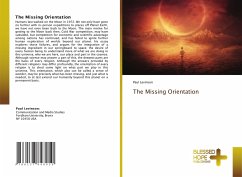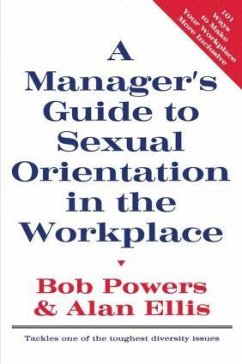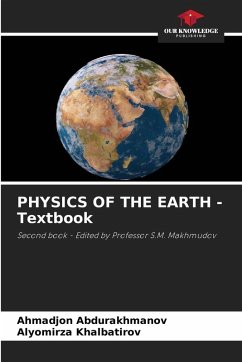
The Missing Orientation
Versandkostenfrei!
Versandfertig in 6-10 Tagen
15,99 €
inkl. MwSt.

PAYBACK Punkte
8 °P sammeln!
Humans last walked on the Moon in 1972. We not only have gone no further with in-person expeditions to places off Planet Earth, we have not even been back to the Moon. The main motive for getting to the Moon back then, Cold War competition, may have subsided, but competition for economic and scientific advantage among nations has continued, and has failed to ignite further human exploration of worlds beyond our planet. his essay explores those failures, and argues for the integration of a missing ingredient in our springboard to space: the desire of every human being to understand more of what...
Humans last walked on the Moon in 1972. We not only have gone no further with in-person expeditions to places off Planet Earth, we have not even been back to the Moon. The main motive for getting to the Moon back then, Cold War competition, may have subsided, but competition for economic and scientific advantage among nations has continued, and has failed to ignite further human exploration of worlds beyond our planet. his essay explores those failures, and argues for the integration of a missing ingredient in our springboard to space: the desire of every human being to understand more of what we are doing in this universe, why we are here, our place and part in the cosmos. Although science may answer a part of this, the deepest parts are the basis of every religion. Although the answers provided by different religions may differ profoundly, the orientation of every religion is to shed some light on what part we play in this universe. This orientation, which also can be called a sense of wonder, may be precisely what has been missing, and just what is needed, to at last extend our humanity beyond this planet on a permanent basis.












